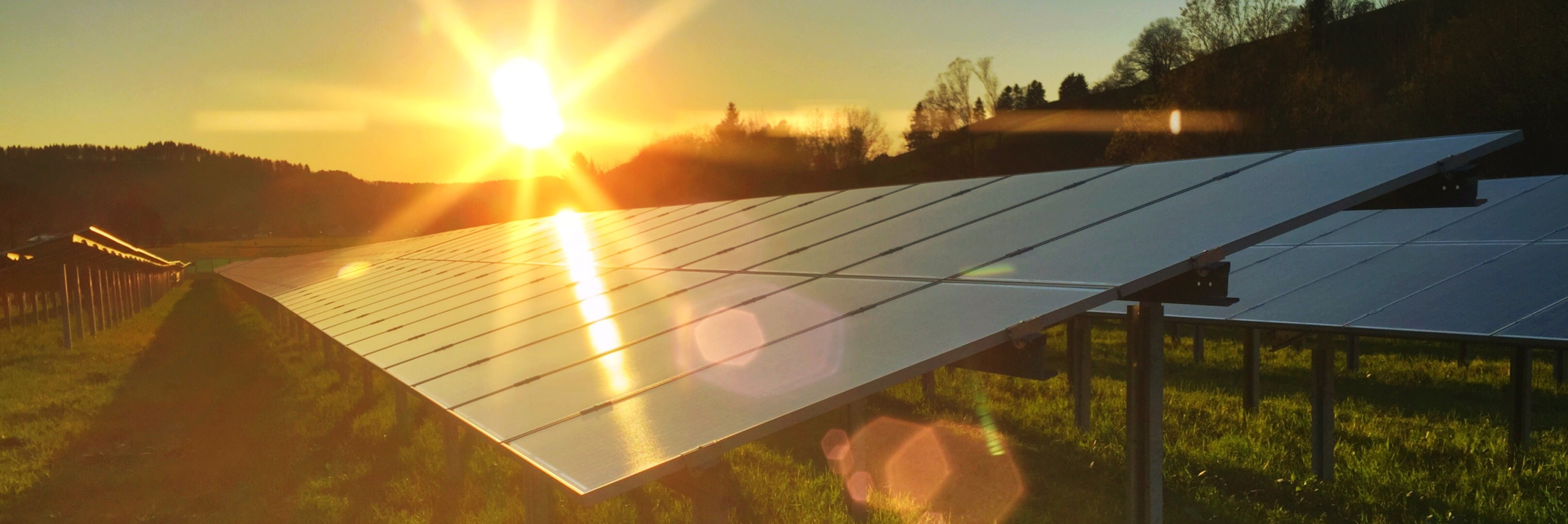It’s #BankingOnValues Day, a time when ethical citizens and leading change-makers around the world come together to celebrate the social, economic, and environmental good that responsible finance can generate. A global movement of “values-based banking,” largely born out of the financial crisis of 2008-2009, has been transforming the role banks can play in the world. Whereas banks were once thought of as straightforward providers of financial products and services, many are now working to use finance as a means to accelerate positive and sustainable change in the world.
This shift in the basic purpose of banking may be occurring just in the nick of time. The global community has grappled with a good deal of turmoil in recent years: natural disasters and geopolitical conflict have displaced millions of people, federal funding in America has been curtailed for lifeline social welfare programs, and nations across the world are stockpiling destructive weapons instead of building bridges to create a more interconnected global community.
Amid the turmoil, it seems people are becoming ever more conscious of the potential that their financial decisions have to impact global affairs. It matters where one spends, keeps or invests one’s money, and everyday people are waking up to the reality that we can all “vote” with our wallets.
As the biggest banks continue to invest in fossil fuels, nuclear weapons, or organizations working to undermine basic human rights, the banking industry continues to watch on as consumers report low satisfaction. According to one recent study, only 32 percent of millennial-aged banking customers claim to have satisfying interactions with their banks. And yet, 65 percent of this same demographic claims to be concerned with the state of the world and wants to be part of social change (Deloitte: Millennials and Wealth Management).
This discrepancy represents an enormous opportunity for values-based banks. The next generation of leaders, entrepreneurs, and grassroots organizations focused on leading the charge for social and environmental justice may indeed be open to discovering alternatives outside the mold of traditional banks. Of course, this openness depends on these consumers realizing the power of their money and learning that their deposits and investments can help catalyze positive change when these funds are lent out and invested in causes that align with their values.
Cue the Global Alliance for Banking of Values: an international network of 43 financial institutions and seven strategic partners revolutionizing the banking industry through a shared dedication to people, planet and long-term prosperity. Since 2009, banks in the Alliance have been a shining example for other financial institutions: they invest in progressive and sustainable enterprises, open up the banking system to more people, and conduct business more transparently through responsible corporate governance and triple-bottom-line reporting. Simply put, GABV banks demonstrate the interconnectedness of money and progress.
At Amalgamated, we’ve understood for nearly a century how investing in real people sustains the real economy. We knew it was unacceptable that hundreds of thousands of bank workers across America failed to earn a living wage in one of the highest grossing industries, and so, in 2015, we became the first bank to raise our minimum wage to $15 an hour, and we publicly called on other banks to follow suit. When the federal government announced an end to the Deferred Action for Childhood Arrivals (DACA) program this past September, we joined with United We Dream to quickly funnel donations to DACA clinics in underserved immigrant communities to pay for DACA renewal fees. And through our Give-Back Savings accounts, we offer customers a way to grow their savings with a competitive interest rate while also supporting organizations fighting for justice (Color of Change and Planned Parenthood of New York City, to name a couple). We do this because we believe that one way to maximize positive change is to put the tools for action in the hands of as many people as possible—and so why not a savings account that gives back more with each additional dollar you save?
And we’re not alone. Values-based banks around the world are investing in economic activities that generate positive action in their local communities. When GABV member Bank of Palestine identified a job crisis in Palestine (with youth unemployment at 50 percent), it stepped in to support aspiring Palestinian entrepreneurs by establishing a $10 million Ibtikar Fund to invest in early stage innovative ventures. Through these investments, the bank has enabled companies in Palestine to grow sustainably, created employment opportunities for young university graduates, and grown the Palestinian economy. Another GABV member, Vancity, partnered with Tale’awtxw Aboriginal Capital Corporation (TACC) to finance the 2011 opening of Buddings Children’s Garden and Daycare, an environmentally conscious daycare center that offers flexible scheduling for thousands of Vancouverites with irregular work- and home-life schedules. For Vancouver parents and caregivers for whom traditional daycare options were not available, this was a dream come true. And these are just two of the countless examples of impact finance that GABV banks create each and every day.
In today’s interconnected global community, there is strength in numbers and power in our collective voice. The GABV network collectively serves over 41 million customers worldwide, and member banks provide a bounty of resources to spur positive change. By amplifying each other’s good work and coordinating efforts, we can maximize our impact and better foment and enshrine prosperity for future generations.
The seemingly small choice of committing to put one’s money toward social, economic and environmental good may start with one person’s decision, but, when 41 million customers make a similar choice, it creates a “domino effect” of good throughout the world. Each additional customer is a tiny ripple that, when joined with the rest of the movement, adds up to a torrent. So are you ready to join the #BankingOnValues movement?

 Mobile Image
Mobile Image
 Mobile Image
Mobile Image
 Mobile Image
Mobile Image
